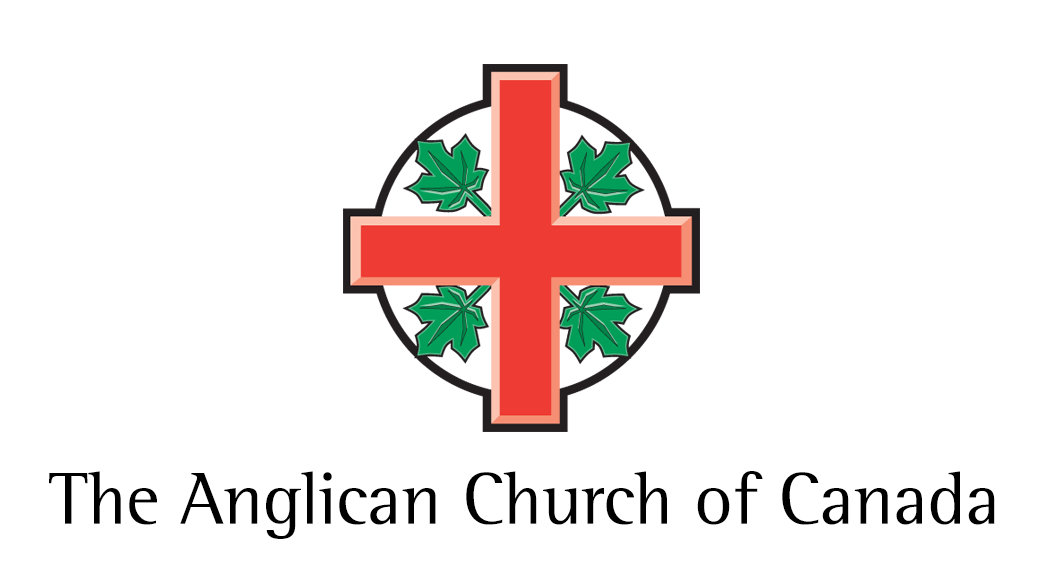Dear Friends in Christ,
Last night I took my Lenten Study – Signs of Life – online using video conferencing. This was a new experience for me. While we are all learning on the go, and obviously the interactions and conversations weren’t as ideal as an in-person gathering would have been, it has been important for us to try to continue to be the Church, as best as we are able, during this strange season of physical distancing and self-isolation in care for the world. My thanks to all of you for your efforts to carry on in these challenging times. Ministry continues! And each of us is adapting to this new reality. Even while discovering new technologies and new ways of connecting, some of us are rediscovering old tools too. I am reaching out to people using the telephone in a way that I haven’t in years. This has been a good thing.
In this time, the Church is also re-experiencing some of the pivotal moments of our history. The ancient Church knew what it was to be Christ-followers unable to gather publicly, unable to worship together safely except in households. The Canadian Church for most of its history did not have sacramental ministry readily or widely available, and small groups of Christians had to worship together without celebrations of the Eucharist or even priestly leadership. What is God calling us to remember – how to be and what to do – in this season of our life together?
The fact of our suspension from corporate worship, including our inability to celebrate the Eucharist as the assembled Body of Christ, is a source of great grief and pain for all of us. While technology has been a gift and tool at this time, we risk dishonouring that grief or diminishing it with technological ‘solutions’. We are in a new hard reality, one which – we hope and pray – will be temporary. The Ontario Provincial House of Bishops has called us to recognize and live into this reality with honest and deep reflection:
One of the realities for the Church living through this pandemic is our inability to physically gather as community for worship and mutual support. The Eucharistic Feast which we are used to celebrating week after week has been interrupted. Online celebrations, prayers, bible studies and devotions offered by parishes have been keeping us connected in a virtual way and we are grateful for these inspired links. This temporary absence from one another tests our very nature as a living body and reminds us of our deep longing to be together. We now find ourselves in a time of Eucharistic Fast rather than Feast. The Reverend Dr. Eileen Scully, Director of Faith, Worship and Ministry, puts this time into context.
Therefore, the bishops of our province have agreed together that our virtual worship through Holy Week and the season of Easter, or until such time that we can gather in community together, will not include the liturgy of the Eucharist. Sacramental celebrations are the work of the whole People of God and require a gathering of people who can be physically present to one another. That is impossible for most of us at this time. The Great Three Days of Easter, and through the 50 days of the season, we will be fasting from the Eucharist but feasting on the Word. We believe that the Risen One, the Word, by the power of the Holy Spirit, is present and active with us as we hear and receive him in the word of the scriptures, in that word interpreted and proclaimed in preaching, and in the word inwardly digested, by faith, in each person.
Your bishops in the Diocese of Toronto will be personally abiding by these guidelines. We will not be participating in live streamed celebrations of the Eucharist, in solidarity with the rest of the Provincial House of Bishops and with the overwhelming majority of Anglicans who – to their great sorrow – are not able to receive at this time. This is a time for deep reflection. We understand that there is a breadth of theological understanding of the Eucharist in this Diocese, yet the rhythm of celebrating the Eucharist in our parishes is a common source of profound hope and sustenance whether the whole community can be present or not. We encourage you to observe a new rhythm in these strange times, remaining somehow faithful to the pattern in your parish but to do so cloistered from view. I invite all of you to voluntarily abstain from video or live stream celebrations of the Eucharist in solidarity with the rest of the Church, and in recognition of the state of the world at this time. This is a poignant moment, and our life together and our symbols need to reflect that.
This is also a moment for our God-given creativity. How do we as clergy impart the living and resurrected presence of Christ to the Church without corporate Eucharist? I am aware that we have become, especially in this last generation, a Eucharistic Church. But there have been times in our history and in our lives together when things have, out of necessity, had to happen differently. What is God asking us to do in a new way during this exceptional time?
I have said before that I have been deeply moved by the creative use of technology that clergy and lay leaders have been utilising. I hope that will continue. The government rules are clear – churches are not seen as “essential services” – and our buildings must be closed for all public gatherings (except for critical outreach ministries to vulnerable and marginalized communities) and our staff should be sent home to work remotely. I will continue to be offering live streamed worship from St. James Cathedral on Sunday morning, with a bare minimum number of people present and following health and safety guidelines. Please telephone your Area Bishop if you are at all concerned about your current practices of video worship and what continues to be permissible. Obviously the best and safest course of action is to film or live stream from your home in self-isolation.
One of the Church’s practices that I ask you to rediscover and promote this Lent is a time of dedicated prayer and fasting. The College of Bishops is calling for a Day of Prayer and Fasting tomorrow, Thursday, March 26th. Throughout scripture and in the Church’s story, prayer and fasting have been held together as a recognition of our total dependence on God. Our focused abstention from food physically orients us towards an acute awareness of God’s loving provisions for our needs. The call to prayer concentrates our minds and spirits in laying our cares and concerns before God. Time and again, we read in the Bible of people who, in times of great distress or calamity, dedicated themselves to prayer and fasting, lifting up their situation to God in faith, hope and trust. I invite you to do so tomorrow, remembering before God the COVID-19 pandemic throughout the world, and how it is affecting all people. Resources to help you are found here. I look forward to sharing this experience with you.
Today is the Feast of the Annunciation, when an angel brought to the Virgin Mary a strange, terrifying and joyous message of tenacious hope. God’s promises have been and will be fulfilled. Easter is coming, no matter what stands in our way. Of this, we are certain.
I look forward to writing to you again on Friday.
Yours in Christ,
The Rt. Rev. Andrew Asbil
Bishop of Toronto



No responses yet